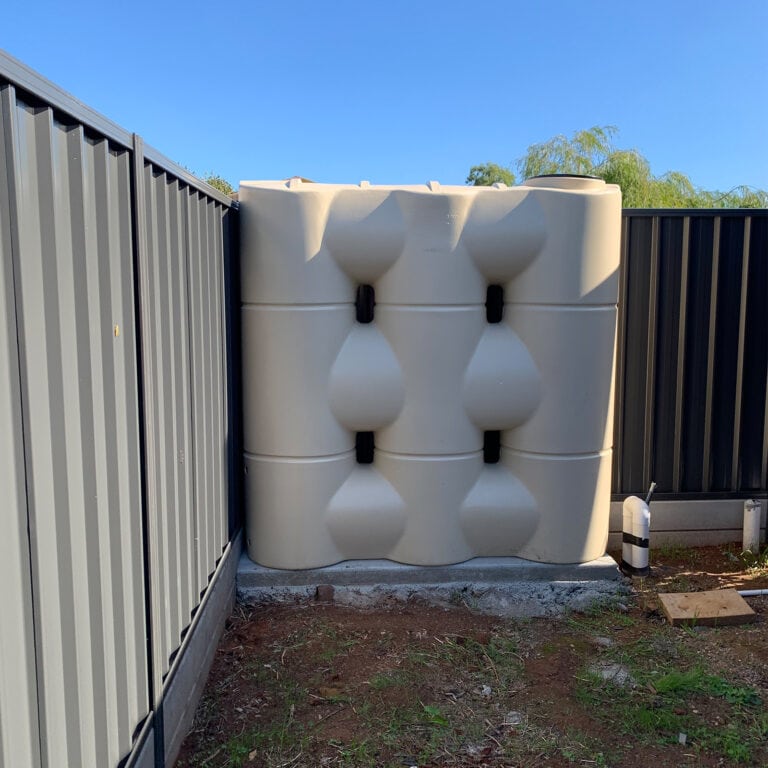Ideal Slimline Water Tanks: Resilient and Compact Water Storage Space Options
Ideal Slimline Water Tanks: Resilient and Compact Water Storage Space Options
Blog Article
Exploring the Numerous Uses of Rainwater Storage Tanks for Residential and Commercial Characteristics
As the international concentrate on lasting living practices continues to escalate, the usage of rain tanks in both property and business settings has become an important remedy. These tanks use a storage tank for rainwater harvesting, providing a myriad of possible applications that extend far past plain storage. From irrigation to bathroom flushing and landscape design, the adaptability of rain tanks is huge. Moreover, their combination right into commercial properties opens a realm of possibilities for ecologically mindful businesses. The complex uses of rainwater tanks present a compelling case for their adoption, not only as a useful water-saving step however also as a testament to responsible source management.
Benefits of Making Use Of Rainwater Tanks
Utilizing rain containers uses countless advantages for both houses and neighborhoods in terms of water preservation and sustainability. Among the key advantages of utilizing rainwater storage tanks is the significant decrease in reliance on mains water - Slimline water tanks. By capturing and storing rainwater for later usage, individuals and areas can decrease their need for treated water, ultimately alleviating the concern on water treatment facilities and reducing energy consumption connected with water transportation and treatment
In addition, rainwater gathering through containers provides a reputable alternative water resource throughout times of water restrictions or shortages. This kept rain can be utilized for different non-potable objectives such as watering, purging bathrooms, and cleaning garments, reducing the stress on standard water sources. Additionally, using rain storage tanks can result in cost financial savings for both homes and communities by decreasing water costs and lowering the need for pricey facilities expansions to satisfy expanding water needs.
In significance, the utilization of rainwater storage tanks provides a lasting and eco pleasant technique to water monitoring, benefiting both private customers and the more comprehensive community in regards to water preservation, cost-efficiency, and resilience.
Rainwater Tank Use in Watering
Offered the advantages of rainwater tanks in preserving water sources and lowering reliance on keys water supply, a substantial application depends on using saved rainwater for watering objectives - Slimline water tanks. Rainwater collecting systems can successfully gather and keep rain, supplying a sustainable water resource for watering gardens, grass, and farming fields. By utilizing rain for watering, residential or commercial property proprietors can reduce their dependence on treated water resources, causing set you back savings and environmental advantages

One of the primary benefits of utilizing rainwater for watering is its pureness. Rain is naturally soft and complimentary from the chemicals and additives typically discovered in mains water, making it perfect for beneficial plants without the danger of unsafe impacts. In addition, rainwater goes to ambient temperature, which can address profit plant growth by preventing temperature level shocks that can accompany chilly mains water.
Rainwater Tanks for Toilet Flushing

Applying rainwater tanks for commode flushing is an economical and eco-friendly method that can be conveniently incorporated into both property and industrial homes. The stored rain can be used to purge commodes by attaching the tank to the existing plumbing system. This easy yet reliable remedy can dramatically lower water consumption in a building, specifically in locations where water deficiency is a problem.

Including Rain Tanks in Landscaping
These storage tanks can record and store rainwater runoff from roofs, which can informative post then be made use of for sprinkling gardens, grass, and plants. By using rainwater for watering functions, property proprietors can minimize their dependence on community water sources, leading to cost savings and conservation of valuable water sources.
Along with supplying a sustainable water source for landscape design requirements, rain storage tanks can additionally assist in handling stormwater overflow. By capturing rain that would certainly otherwise flow into tornado drains, these containers can alleviate disintegration, decrease flooding dangers, and avoid air pollution of all-natural water bodies. Moreover, integrating rainwater storage tanks in landscaping can add to the general aesthetic allure of the building, showcasing a dedication to environmental stewardship.
Industrial Applications of Rainwater Containers
Utilizing rain containers in commercial settings offers a lasting service for water management and preservation, benefiting companies and the environment alike. One key commercial usage is for irrigation objectives, where collected rain can be utilized to water landscaping, yards, and agricultural fields surrounding commercial residential properties.
Furthermore, rainwater accumulated in storage tanks can be dealt with and utilized for non-potable functions within industrial buildings, such as flushing bathrooms, cleaning, and cooling systems. On the whole, the incorporation of rainwater containers in business setups presents a sensible and environmentally liable method to water monitoring.
Conclusion
In conclusion, rainwater containers offer numerous advantages for both domestic and industrial residential properties. From watering to commode linked here flushing and landscaping, using rain storage tanks can help conserve water sources and decrease water costs. Additionally, including rain containers in business settings can result in substantial price savings and ecological advantages. In general, the flexibility and sustainability of rainwater tanks make them a beneficial financial investment for any residential property proprietor seeking to enhance water efficiency.
Report this page